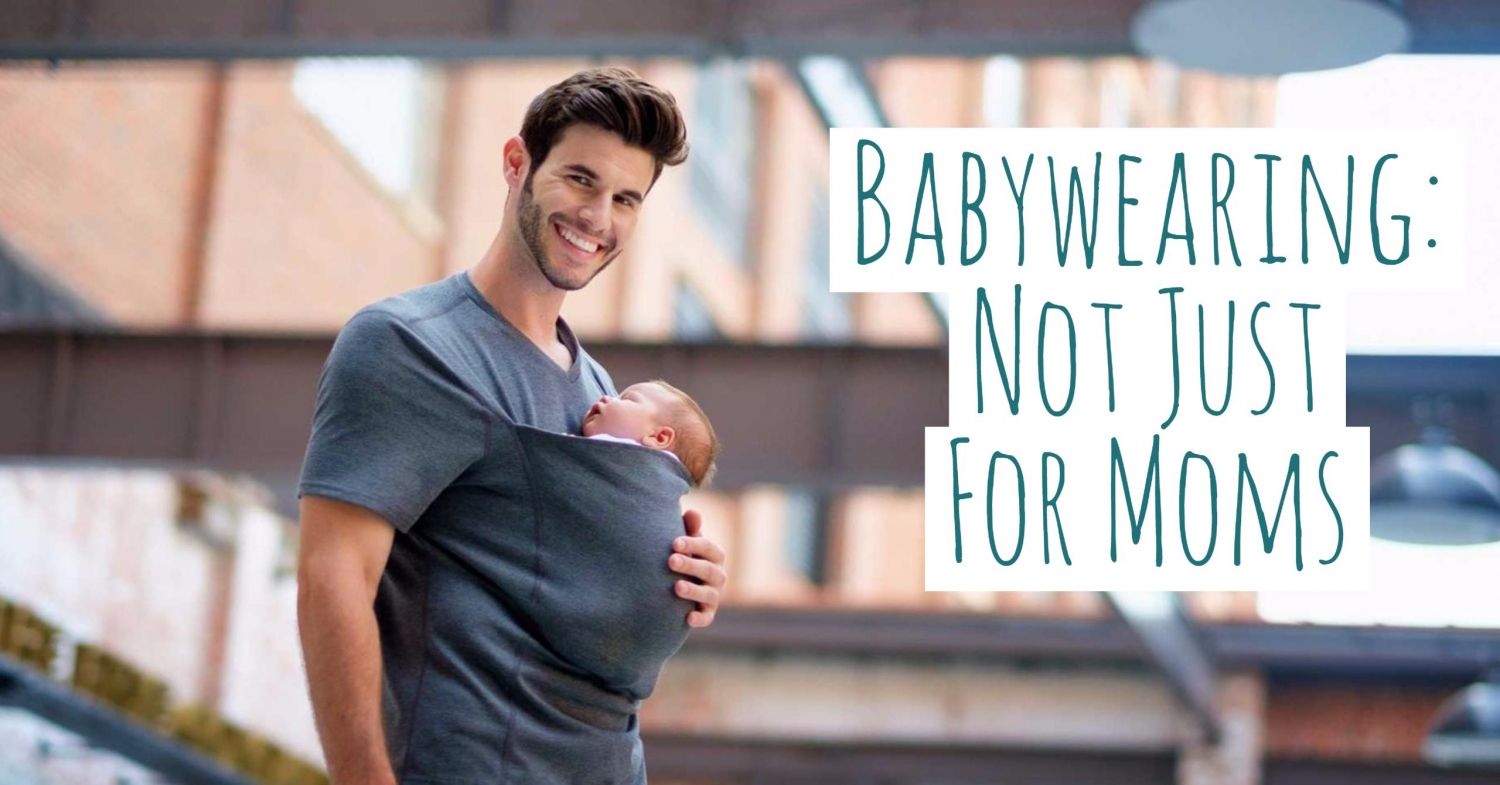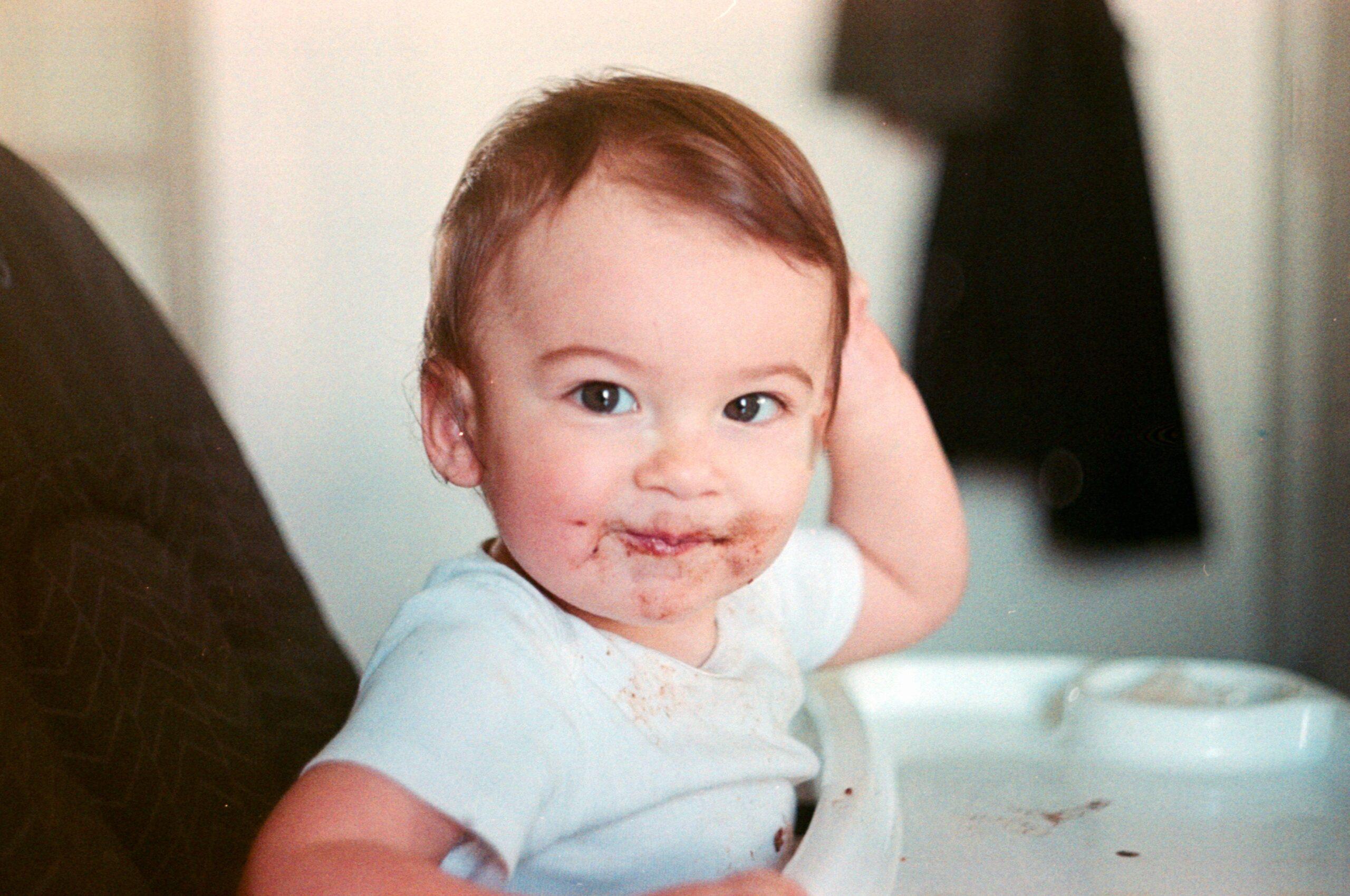How we perceive the world partly depends on our senses. However, your baby’s senses function differently from those of adults. In the early weeks of life, babies’ senses are vital to survival.
Smell
A baby’s sense of smell is more selective and discerning than an adult’s. Within 45 hours after birth, an infant can distinguish his mother’s smell from another person’s. As such, a newborn instinctively turns toward his mother’s breast. In a study done at Brown University, babies were exposed to breast pads soaked in their mother’s milk and the milk of other moms. Subjects reacted most strongly to the pad soaked in their own mothers’ milk.
Taste
Early in their prenatal development, babies grow taste buds. As early as two days after birth, they can distinguish between sweet from other tastes. Further, they can distinguish between several types of sweets or sugars. They prefer sucrose, which is sweeter and found in breastmilk, to glucose.
Babies have more taste buds than adults. Found are the usual taste buds on the tongue, the roof of the mouth, the back of the throat and the tonsils. In addition to those, newborns have taste buds on the insides of their cheeks, ensuring they get food to help them grow.
Touch
Touch is one of the strongest senses your baby has as a newborn. It is also the most developed of the senses. A parent’s touch sends messages to the baby’s brain to increase the chemicals that help an infant absorb food and tolerate pain. It also helps regulate the level of stress hormone found in the newborn’s body.
Contact from a loving parent may help an infant sleep better and fuss less. As found in studies of infants in Romanian orphanages, a baby who is not touched suffers stunted growth and has abnormal levels of the stress hormone. Conversely, those who are lovingly held and touched by their caretakers develop stronger immune systems.
Hearing
The ability to hear the world’s symphony of sounds and to distinguish among them plays a vital role in an infant’s development. As much as three months before a baby is born, he grows accustomed to his mother’s voice from the womb. He recognizes her heartbeat and the swish of amniotic fluid. At birth, his hearing is almost like an adult’s. However, processing sounds is a skill yet to be developed. Babies easily startle at unfamiliar noises. By 3 months, a baby should smile at you when you talk to him.
Sight
Vision changes throughout childhood. Eyes start developing around the fourth week of pregnancy and continue to develop until about the sixth month. However, the retina evolves until the baby is 8 months old.
- Birth
- Eyes move independently.
- Sees objects at a maximum distance of 12 inches with a visual acuity of 20/400.
- 1 Month
- Distance vision is blurry.
- Sees contrasting colors.
- 2 Months
- Can distinguish his parents’ faces.
- Begins development of visual memory and follows objects with eyes.
- 3 Months
- Recognizes and remember colors.
- Uses mouth rather than eyes to explore.
- 4 Months
- Begins oculomotor development.
- Has the same color vision as adults and prefers red and blue.
- 5 Months
- Tries to keep objects in sight to put into mouth.
- Can remember faces he has seen before.
- 6 Months
- Good binocular vision.
- Sight is up to par with other senses.
- 7 Months
- Hand-eye coordination and eye movement improves.
- Can inspect things at close range.
- 8 Months
- Manipulates things while looking at them.
- Retina is developed.
- 9 Months
- Growing more aware of environment.
- 10 Months
- Eyes and large muscles work together, getting baby ready to stand.
- Sees objects in their entirety.
- 11 Months
- Starts to judge the size of things.
- 12 Months
- Eye movement is refined.
- Masters vision of close objects.




